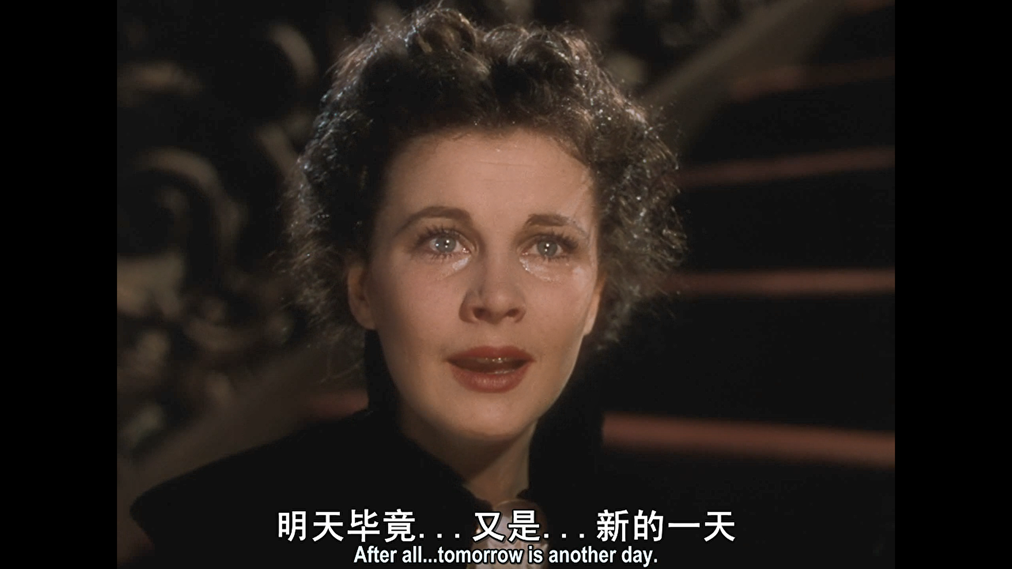MY 100-Day English -24

The CEO of a startup is sitting in the office space she recently leased for her fast-growing company. It’s rush hour (交通拥挤时间;上下班高峰时间), but the streets outside are quiet, and so are the 600 empty cubicles (办公室隔间) outside her office door. Just yesterday her leadership team made the tough but crucial decision to send everyone home to work for the foreseeable future. In 30 minutes she needs to lead a videoconference to reassure her employees. But she’s despondent (沮丧的, anxious, and just plain scared.
Versions of this scene have been playing out across the world over the past few months as Covid-19 cases rise and economies shut down. Founders, executives, managers, and employees have seen how fragile everything they’ve built has become — almost overnight. One evening back in March, my husband said to me, “I’m so scared, but I can’t let all the people who depend on me see that.” He had been on hours of Zoom calls, trying to convince his staff and colleagues that they would get through the crisis. He was supposed to be the face of calm, but he was terrified.
How can you lead with authority and strength when you feel anxious? How can you inspire and motivate others when your mind and heart are racing? And if you hide the fear in an attempt to be leaderlike, where does it go?
Anxiety, of course, has a purpose. It protects us from harm. Psychologist Rollo May first wrote in 1977: “We are no longer prey to tigers and mastodons but to damage to our self-esteem, ostracism (排斥) by our group, or the threat of losing out in the competitive struggle. The form of anxiety has changed, but the experience remains relatively the same.” In other words, even though humans today aren’t chased by predators, we are chased by uncertainty about the health of our loved ones, whether we’ll have a job next week or next year, whether our company will go bankrupt — worries that provoke the same neurological and physical responses.
According to the Anxiety and Depression Association of America, “Stress is a response to a threat in a situation. Anxiety is a reaction to the stress.” Anxiety is fear of what might happen in the future. Sometimes that fear is rational and sometimes not. And sometimes it’s about something that will happen in three minutes (stepping onto a stage to make a presentation, for example) or in 30 years (having enough money to retire).
See you tomorrow









